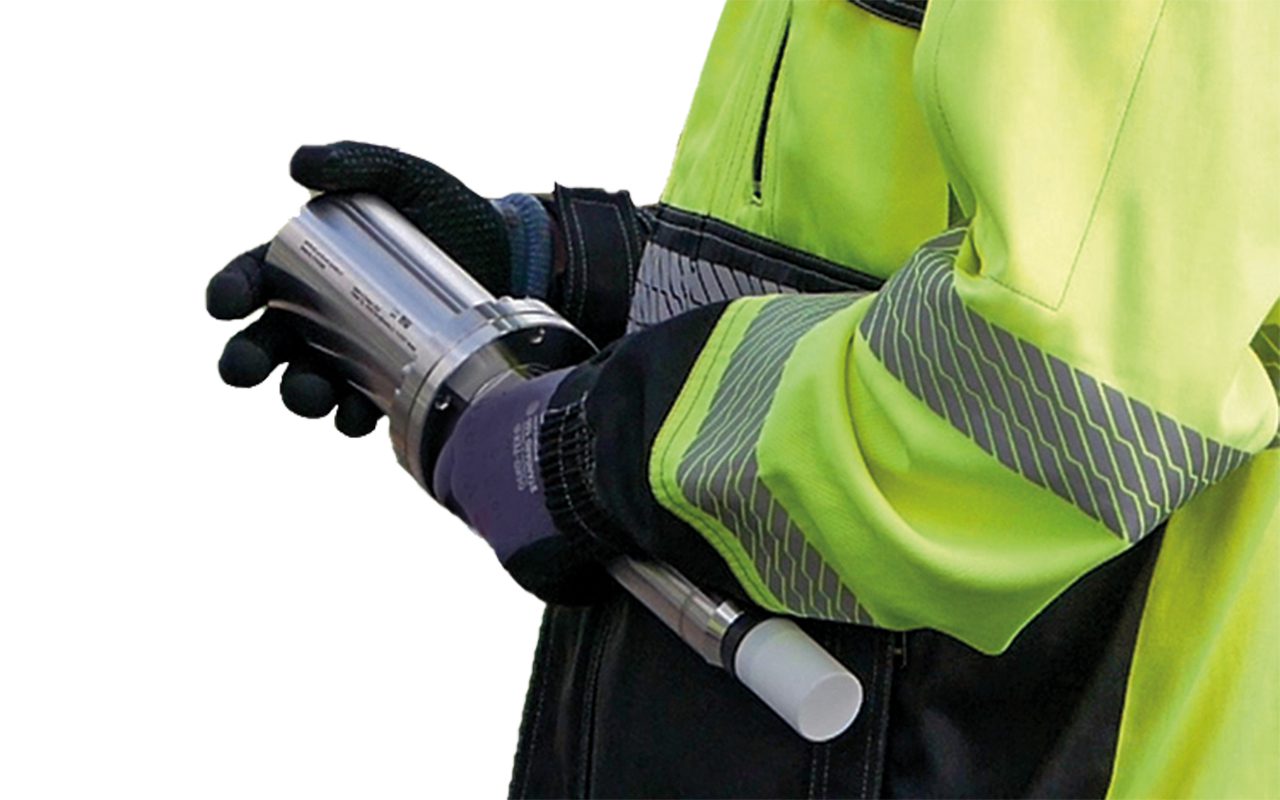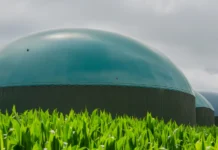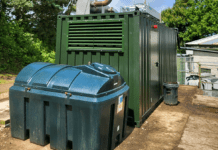Finnish firm Vaisala has launched a new instrument for off-gas methane and carbon dioxide measurements in the biomethane production process.
Said to be robust, reliable, and compact, the Vaisala CARBOCAP® MGP262 provides continuous measurement data to help optimise and control the biogas upgrading process for greater biomethane yield, process efficiency, and environmental benefits.
It is said to be the world’s first and only in situ instrument that measures off-gases optically, using the firm’s patented CARBOCAP® technology.
When biogas is upgraded to biomethane, methane is separated from carbon dioxide and other gases that are present in the raw biogas. In the upgrading process, carbon dioxide passes into the off-gas but methane remains in the main gas stream and can be used as a renewable fuel. However, a small amount of methane slips into the off-gas stream.
Product Manager Antti Heikkilä explains: “Methane slip is a process where methane is not captured but lost into the atmosphere. As methane is a harmful greenhouse gas, approximately 20 times worse than carbon dioxide, minimising this slip needs to be taken seriously. If methane slip is not controlled, the environmental benefits of using biomethane gas are reduced, and so is the yield. The MGP262 provides the ability to control the upgrading process and lets our customers focus on producing the best quality biomethane possible. An optimised and efficient biomethane recovery process both enables greater profits and brings greater benefits for the environment.”
The MGP262 follows Vaisala’s earlier, and award-winning, MGP261 multigas measurement instrument, which provides continuous methane, carbon dioxide, and humidity readings directly in the biogas process pipeline. The MGP262 monitors the backend of the upgrading process. Together they provide accurate and reliable in-line measurements to help optimise biogas production and biomethane upgrading end-to-end.
“There are some key points to consider in efficient biogas production. Firstly, protecting the combined heat and power engine from excess moisture during the process to avoid corrosion and breakdowns. This is where the ground-breaking MGP261 is in a class of its own,” Heikkilä states.
“Secondly, it’s important to control the whole process down to off-gassing with MGP262 to minimise the losses and negative environmental impacts caused by uncontrolled methane emissions.”








